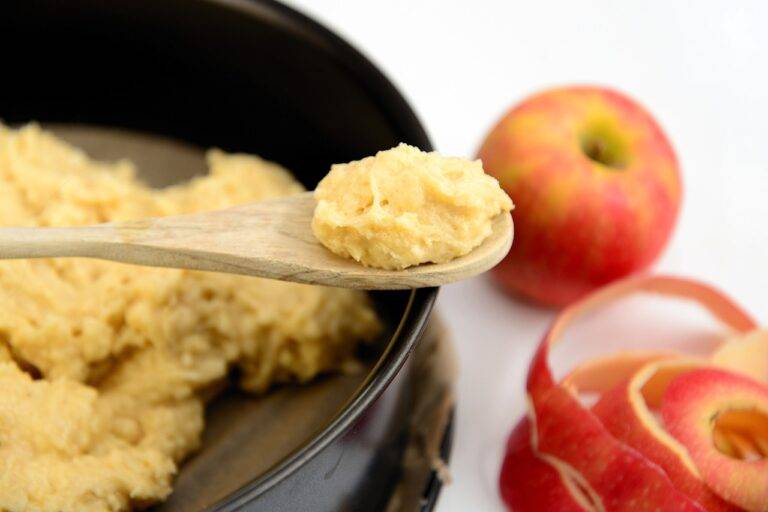Microbrewery Podcasts and Media: Industry Insights: 11xplay pro, Diamondexch9, Sky exchange bet
11xplay pro, diamondexch9, sky exchange bet: The craft beer industry has been experiencing significant growth over the past few years, with microbreweries popping up left and right. With more competition than ever before, microbreweries are looking for new ways to stand out and connect with their audience. One effective method that has been gaining popularity in recent years is podcasts and media.
Podcasts have become a powerful tool for microbreweries to share their story, connect with their customers, and provide valuable insights into the craft beer industry. Many microbreweries have started their own podcasts, where they discuss everything from brewing techniques to beer pairings and industry trends. These podcasts allow microbreweries to showcase their unique personality, share their passion for craft beer, and build a loyal following.
In addition to podcasts, microbreweries are also utilizing other forms of media such as blogs, videos, and social media to engage with their audience. By creating high-quality content that is informative, entertaining, and visually appealing, microbreweries are able to attract new customers, strengthen their brand, and differentiate themselves from the competition.
One of the key benefits of using podcasts and media for microbreweries is the ability to reach a wider audience. With the rise of smartphones and streaming services, more people than ever are consuming audio and video content on the go. By creating podcasts and videos, microbreweries can connect with beer enthusiasts who may not have the time to visit their taproom or attend events in person.
Furthermore, podcasts and media allow microbreweries to establish themselves as industry experts and thought leaders. By sharing their knowledge and expertise through podcasts, blogs, and videos, microbreweries can build credibility, trust, and loyalty with their audience. This can help to attract new customers, retain existing ones, and position the microbrewery as a go-to source for all things craft beer.
Another advantage of using podcasts and media for microbreweries is the ability to provide value to their audience. By creating content that educates, entertains, and inspires, microbreweries can offer something of value to their customers beyond just a delicious beer. Whether it’s tips on home brewing, behind-the-scenes interviews with brewers, or exclusive beer releases, podcasts and media can help microbreweries connect with their audience on a deeper level.
In conclusion, podcasts and media have become invaluable tools for microbreweries looking to thrive in a competitive market. By creating high-quality content that is informative, entertaining, and visually appealing, microbreweries can connect with their audience, establish themselves as industry experts, and provide value to their customers. Whether it’s through podcasts, blogs, videos, or social media, microbreweries can leverage the power of media to stand out, build a loyal following, and grow their business.
FAQs
Q: How can a microbrewery start their own podcast?
A: To start a podcast, a microbrewery will need to invest in some basic recording equipment, such as a microphone and audio editing software. They should also come up with a concept for their podcast, such as interviewing different brewers, discussing beer trends, or sharing brewing tips. Once they have recorded their episodes, they can upload them to a hosting platform like Libsyn or Anchor and promote them on social media and their website.
Q: What are some examples of successful microbrewery podcasts?
A: Some successful microbrewery podcasts include The Craft Beer Channel, Good Beer Hunting, and BeerSmith Home and Pro Podcast. These podcasts cover a wide range of topics related to craft beer, including brewing techniques, industry news, and beer reviews.
Q: How can microbreweries use social media to connect with their audience?
A: Microbreweries can use social media platforms like Instagram, Facebook, and Twitter to share behind-the-scenes photos and videos, promote upcoming events, and engage with their audience. They can also run contests, collaborate with influencers, and showcase their latest beer releases to attract new customers and keep their existing ones engaged.







